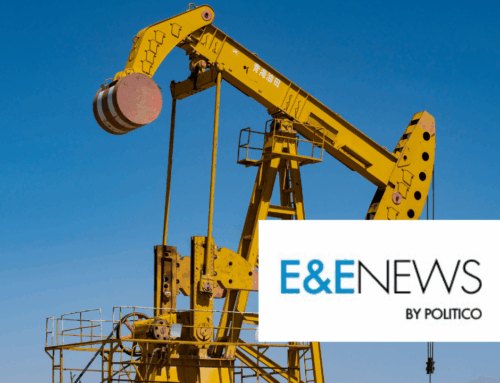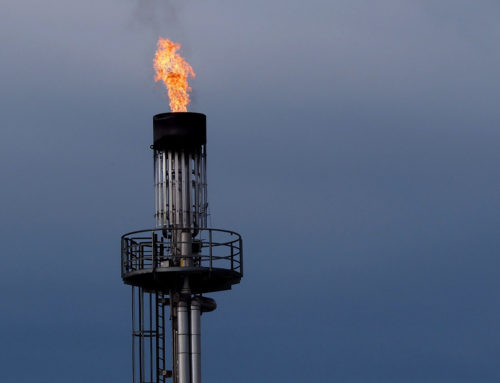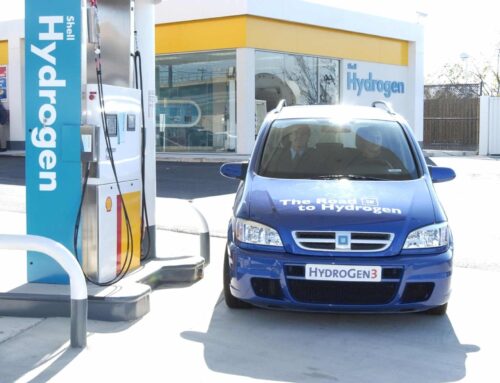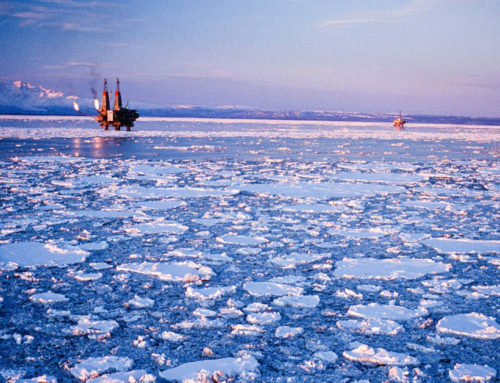At my organization, we are watching all of the confirmation hearings for new cabinet members with both interest and an eye on the fiscal implications of any shifts in policy we may see from the incoming administration.
As the Senate Energy and Natural Resources Committee considers the confirmation of Montana GOP Rep. Ryan Zinke to become the next secretary of the interior, I thought I'd share what this fiscal eye means in practice. If I were a member of the committee, here are some of the questions I would ask Zinke and why:
1. Are you committed to obtaining fair market value for coal, oil, gas, wind, solar and other resources developed on federal lands and waters? Do you think Interior should defer to the oil and gas industry to decide which federal resources should be royalty-bearing? Do you think the methane waste rule should be repealed?
The Bureau of Land Management recently proposed a new rule to limit the practice of venting and flaring natural gas from oil and gas wells on federal lands. Zinke has criticized this new rule. Yet, the new rule replaces a 35-year-old rule that has led to the loss of billions of dollars' worth of federal gas. It could avoid an estimated 180,000 tons of methane emissions per year, worth more than $23 million annually in royalty revenue for the federal government and the states. Under the old rule, waste standards were vague, hard to enforce and inconsistently applied. As a result, 91 percent of all gas lost on federal lands between 2006 and 2015 was not subject to royalty, according to industry-reported data. In short, the old rule deprived taxpayers and states of much-needed revenue.
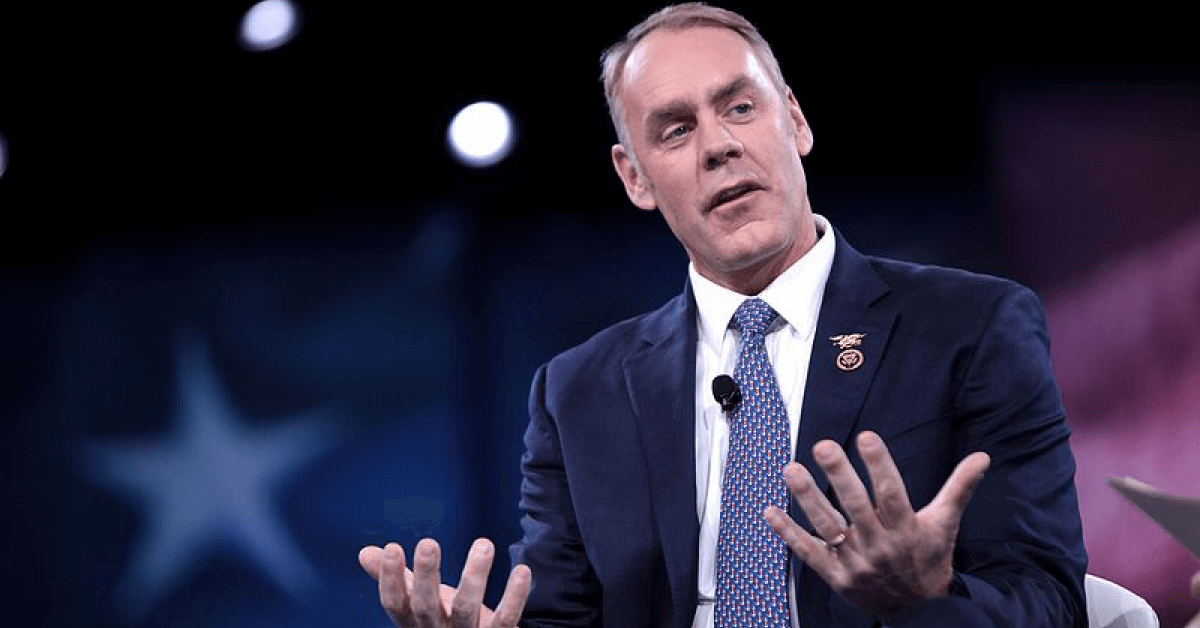 |
| (Rep. Ryan Zinke (R-MT) is Mr. Trump's pick for Secretary of the Interior) |
2. Do you believe taxpayers are well served by the existing federal coal program, despite findings to the contrary by numerous federal and independent reviews? Do you think it is appropriate for the Interior Department to effectively subsidize the coal industry by allowing it to undervalue federal coal?
The federal coal program is broken. It does not match the vision set forth by Congress. The current structure lacks transparency and competition, making it difficult to assess the fair market value of federal leases. The public has no idea how much their coal is worth or how much it might be losing. Coal companies game the system by selling coal to their subsidiaries in order to reduce their royalty payments. If coal mining increases, as predicted with expanded need for coal exports, the problem will only get worse. Interior Secretary Sally Jewell announced a suspension of new federal coal leases pending a comprehensive review of the coal leasing process. The president-elect has said he will restart federal coal leasing and has not identified any meaningful reforms to the well-documented problems with the federal coal program.
3. Do you believe the existing rules for self-bonding have been successful in protecting taxpayers from coal mine reclamation costs? Should coal companies be responsible for cleaning up abandoned mines, or taxpayers?
The Office of Surface Mining Reclamation and Enforcement is considering changes to existing self-bonding regulations to ensure that companies with a history of financial insolvency, and their subsidiaries, are not allowed to self-bond coal mining operations. Self-bonding has become a contentious issue recently because several large coal companies with billions in collective liabilities for the cleanup costs of abandoned mines have entered into bankruptcy. Because these companies were allowed to self-bond, instead of purchasing insurance, the costs of cleaning up these mines may now fall on the taxpayers. More importantly, these now-bankrupt companies were allowed to self-bond because of their financial health.
4. Do you think Interior should strive for consistency across its energy development programs, including the creation of a competitive leasing system?
Many existing energy programs, including oil and gas development, rely on competitively-offered leases to determine fair market value whenever a competitive interest in a parcel of federal land exists. Unlike other resource development plans, however, Congress has not enacted legislation to establish either a wind or solar development program, despite significant competitive interest in leasing for both. In November, the Bureau of Land Management took an important step in securing a fair return for taxpayers for the development of wind and solar resources on federal lands by taking the underlying principles of other resource development programs, such as competitive bidding and revenue sharing, and applying them to renewables.
For many people, the job of the secretary of interior conjures up images of rangeland, forests and mountains, not dollars and cents. But the royalties and fees we receive from the development of taxpayer-owned lands are an important source of revenue. We hope senators considering Zinke's nomination – and Zinke himself – will keep this mind in the coming days.

